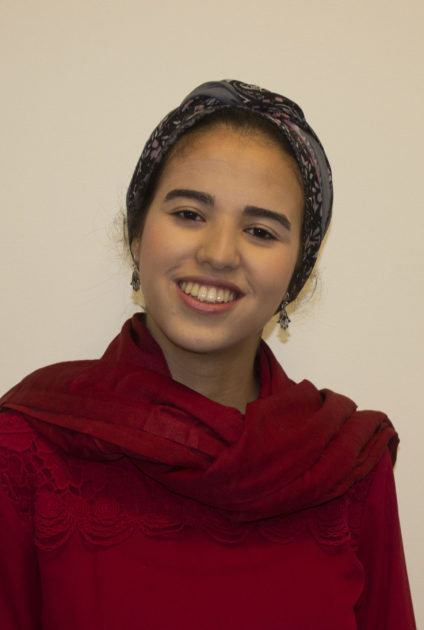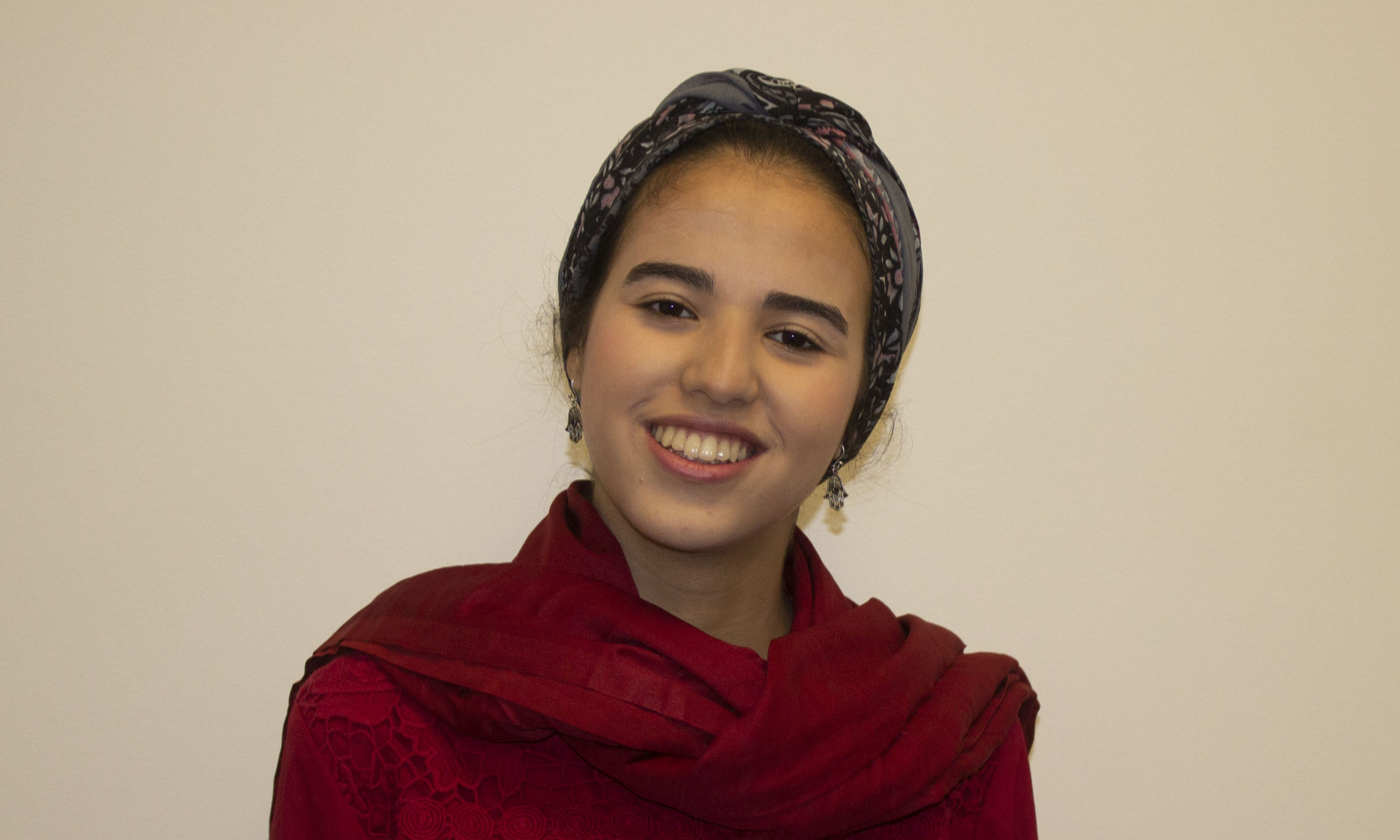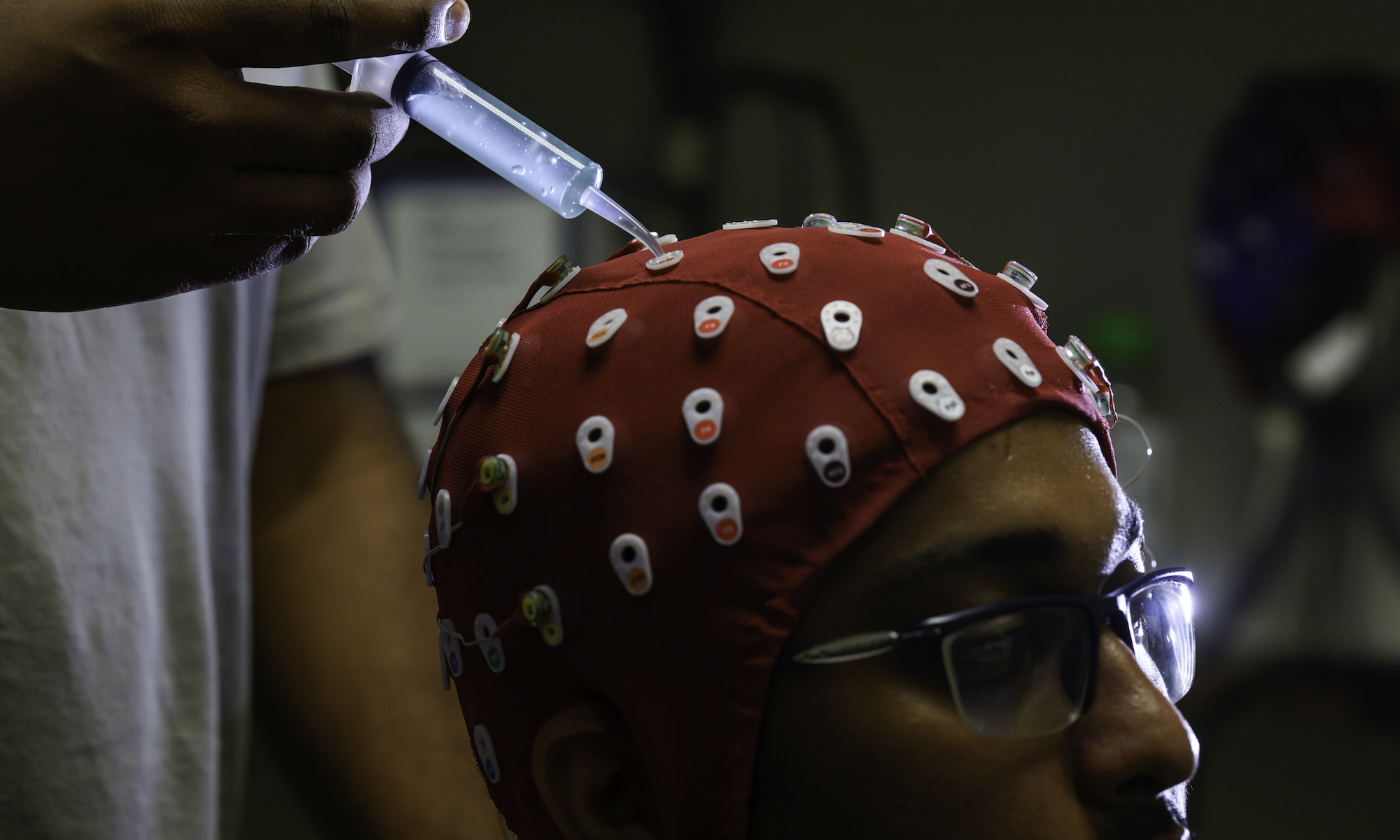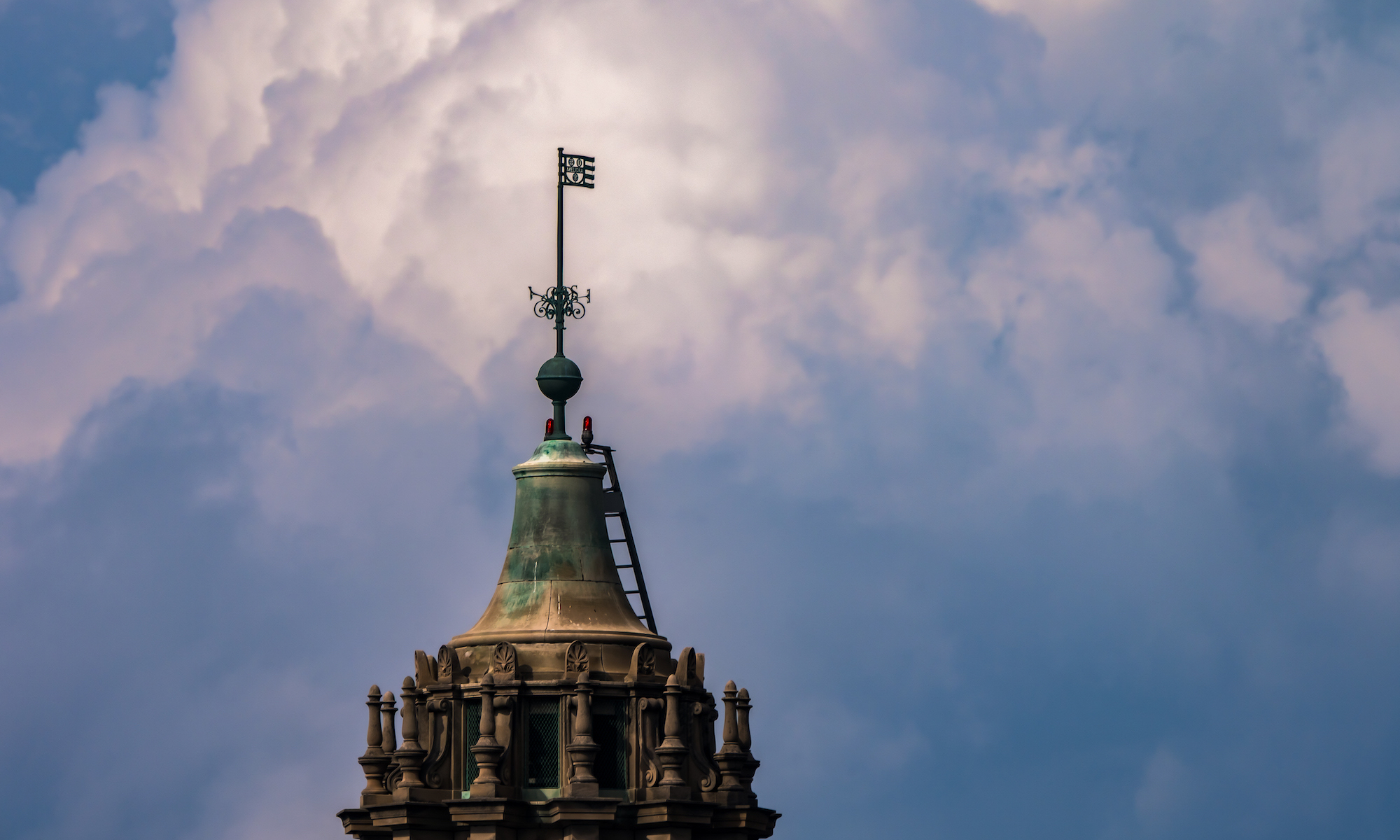
Fatima Zaidouni ’20 has been named a Gates Cambridge Scholar, one of 77 students from 30 nations selected for the honor. The award will enable Zaidouni to pursue a postgraduate degree full time at the University of Cambridge in the UK beginning this fall and, after completing her degree, gain lifetime membership in a global network of Gates Cambridge alumni scholars and leaders.
A native of Temara, Morocco, the physics and astronomy major will begin a master’s of advanced study in astrophysics at Cambridge’s Institute of Astronomy. She is the sixth University of Rochester student or alumnus to win the scholarship, and only the second undergraduate to do so. Scholars are chosen based on outstanding intellectual ability and commitment to improving the lives of others.
“I was surprised and extremely delighted to receive this honor,” says Zaidouni, who recently was elected to the Phi Beta Kappa honor society. “I feel humbled and thankful for the journey that led to this.”
It’s not common for Moroccan students to apply to US universities, as fewer than 20 percent are fluent in English. “I learned about Rochester from a simple Google search,” Zaidouni says. “I had two criteria: strong research and generous financial aid. Rochester was the perfect fit.”
Since Morocco closed its borders due to the COVID-19 pandemic, Zaidouni is living in Rochester. Like many students, her classes and research now take place over Zoom meetings. “It’s getting better as time passes,” she says. “I’m surrounded by friends and constantly talk with my family over the phone.”
Zaidouni has held research positions at Rochester, Princeton, and UCLA. At Rochester, her research has been primarily in computational cosmology, including work with Rochester faculty who are part of the multi-institutional Dark Energy Spectroscopic Instrument team. This summer, she will intern remotely at California Berkeley’s SETI Research Center.
At Rochester, she was a teaching assistant for three physics classes and a tutor in the Center for Excellence in Teaching and Learning (CETL) for two physics classes. She’s also a member of several student organizations, including the Society of Women in Astronomy & Physics and the Kapitza Society, a relatively new undergraduate physics group dedicated to independent study of topics in theoretical physics.
She plans to pursue a doctoral degree at MIT after her time at Cambridge ends.
“Beyond the science, I’ve learned a great deal about self-learning and teaching at Rochester,” she says. “I was overwhelmed by the support and care from my department’s faculty and coordinators. I couldn’t have asked for a better undergraduate experience.”




